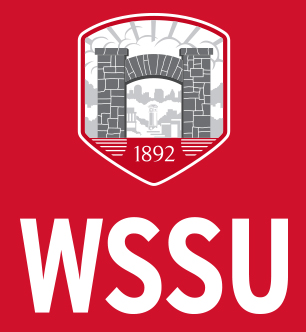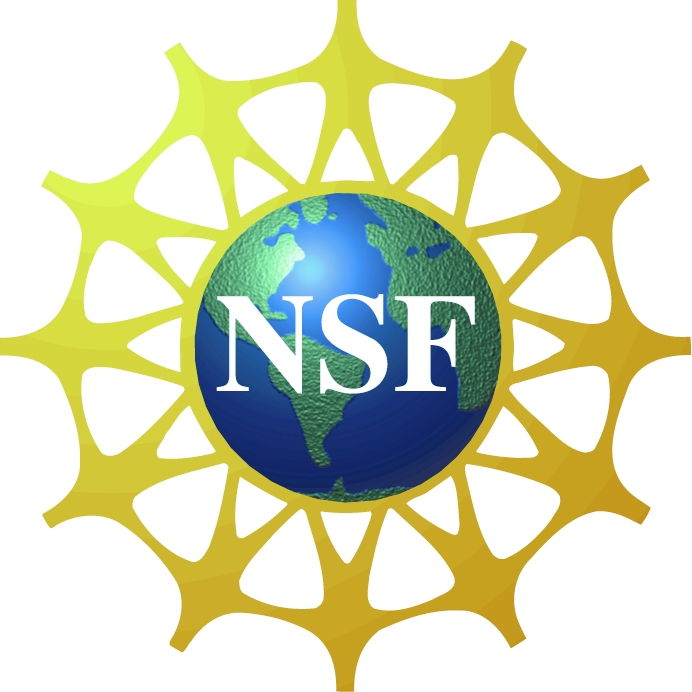NSF DUE “Collaborative Research: Online Interactive Learning Platforms in STEM Education: A Study of Motivation and Engagement” (2018-2021)
Grants DUE 1821189 (WSSU) and DUE 1821247 (Villanova)
Gamification, the use of game elements and game-design techniques in non-gaming contexts, is increasingly attracting the interest of educators due to its promise to foster motivation and behavioral changes in learning contexts. However, existing empirical studies in educational gamification lack uniformity in their research goals and theoretical foundations and consistency in the reported results. As the number of gamified learning interventions continues to grow, more systematic studies are needed to validate empirical claims with conclusive results and to provide a framework for further exploration. This project seeks to provide empirical evidence for the efficacy and appropriateness of using various game mechanics for improving student motivation, engagement, and academic performance. The project aims further to gather evidence on the motivational value of some game elements that have not been studied adequately. The empirical work will be guided by Self Determination Theory, a well-validated psychological theory for understanding motivation and behavior change, and focus on computer and data science. The studies will use the highly configurable course gamification platform OneUp Learning, previously developed by project team members. The study of the relation between gamification and Self Determination Theory will fill a critical gap in the understanding of the motivational factors attributed to gamification and its potential for better engaging and motivating students. This will lead to better designs of gamified learning environments and to more replicable and sustainable gamification practices.
The project will pursue three primary objectives: 1) to conduct a series of empirical studies on the application of gamification in different learning contexts; 2) to extend the course gamification platform OneUp by adding new game elements for strengthening the platform's social dimension and supporting better game element coverage in the studies; and 3) to develop instructional materials for gamifying modules of courses at the participating institutions. To spread the projected studies and increase gamified learning content, the project team will solicit active community participation through workshops, stipends, and crowdsourcing. The project is a collaboration between two institutions, one of which is minority-serving. The partnership of the two institutions with different student populations will enable exploration of the impact of various gamification features on diverse demographic groups.
The material in this site is based upon work supported by the National Science Foundation under Grants DUE 1821189 and DUE 1821247. Any opinions, findings, and conclusions or recommendations expressed in this material are those of the author(s) and do not necessarily reflect the views of the National Science Foundation.


